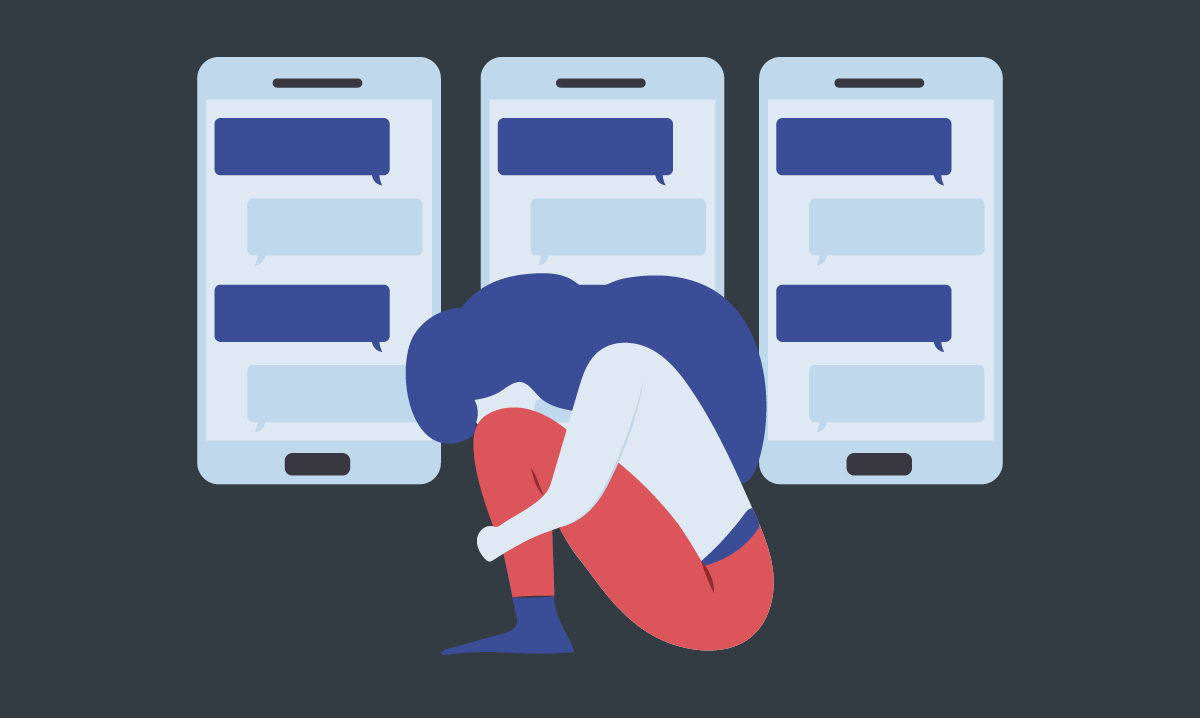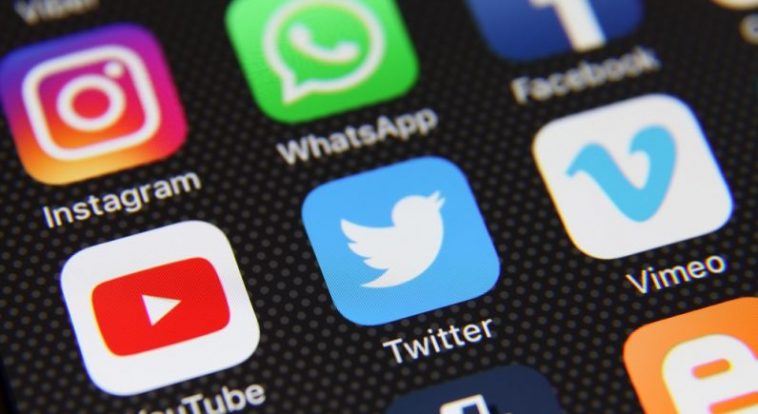TechInAfrica – Most (if not all) members of modern, digitized society have their own social media profiles. Why? Simply because it helps us connect in their respective busy lives; supporting interconnectivity and the availability to multitask. Moreover, social media helps us to look up your childhood crush to see how they’re doing—or even to reconnect with old high school pals that you’ve been dying to talk to. All in all, social media exists for a better purpose, but that doesn’t mean we can share just about anything in our profiles.
Hacker attacks and identity thieves are also manifesting in this digital era to benefit themselves—and potentially harm you financially, mentally, or physically. Users would need to mind a watchful eye on what they share on their profiles.
Here’s four things that you should never share on social media:
Personal Details
This one’s a bit too obvious. You should never reveal your identity—your address, banking details, contact information, ID number, nor even your ID photo and birth date. Hiding beyond the wall of cyber-anonymity might be one or two scammers and phishers waiting for you to leak your personal information. Additionally, there’s simply no reason to share them virtually where literally everyone in the world can see.

Aside from scammers and phishers, potential criminals would take interest in your personal information and sell it to their respective channels in the black market—you wouldn’t want your personal data to be sold and bought, would you?
Where You Work
Okay, you might want to brag that you work in a giant research company where it’s often deemed prestigious by your friends and families. But be selective in doing so; because you might accidentally expose sensitive information regarding the company’s trade secrets or your even personal information.
Besides welcoming the risk of losing your job, this notion could also provide dire circumstances when you’re applying for promotion and/or another job at another company. According to a 2018 CareerBuilder survey, approximately 70% of employers use social media to screen candidates during the hiring process. On top of that, about 43% of employers use social media to check on current employees.
Embarrassing Moments
It’s best to keep those photos of your drunken friend passing out on the street, or your two-year-old cousin peeing their pants wet. Not only it’s not that funny, sharing embarrassing moments of your relatives are downright rude—just think about how you would feel if you were in their positions!
Additionally, you don’t need to show the whole wide world your relationship with your pals nor your fights with your significant other. It’s not for public consumption and will never be.

Rude Remarks and/or Comments
No matter how much you hate a person—more often an influencer who gives off bad influence, subjectively speaking—it’s never okay to put out rude comments in their Twitter, YouTube, or Instagram posts. Not only that it’s completely irrelevant and unnecessary, defamatory remarks could potentially harm another person’s reputation and their mentality.
This has been the main subject of cyber-bullying and hateful, racist comments. Despite social media is free to use and promotes freedom of speech, it’s never anyone’s right to badmouth someone in social media.
To sum up, while social media serves as a platform for us to express ourselves and our interests, users are also heavily encouraged to be careful on what they post on the internet. Typically when everyone can see what you post and what you’ve been posting—even those who doesn’t follow your social media in the first place. Cybercrime often presents itself as a tempting opportunity, and not merely an objective.
Source: thesouthafrican.com
 We just launched our WhatsApp channel. Want to get the latest news from the Tech in Africa?
We just launched our WhatsApp channel. Want to get the latest news from the Tech in Africa?


